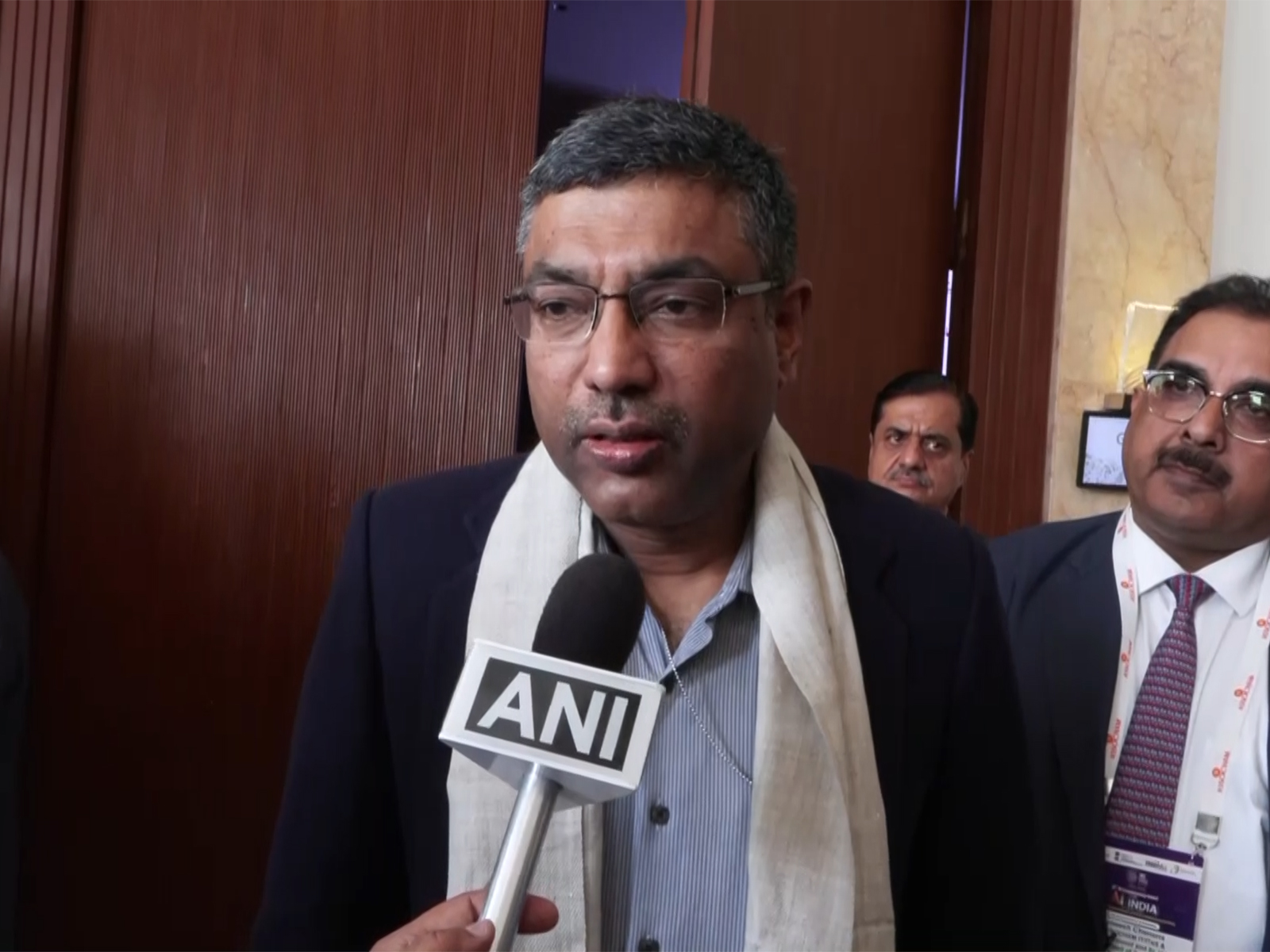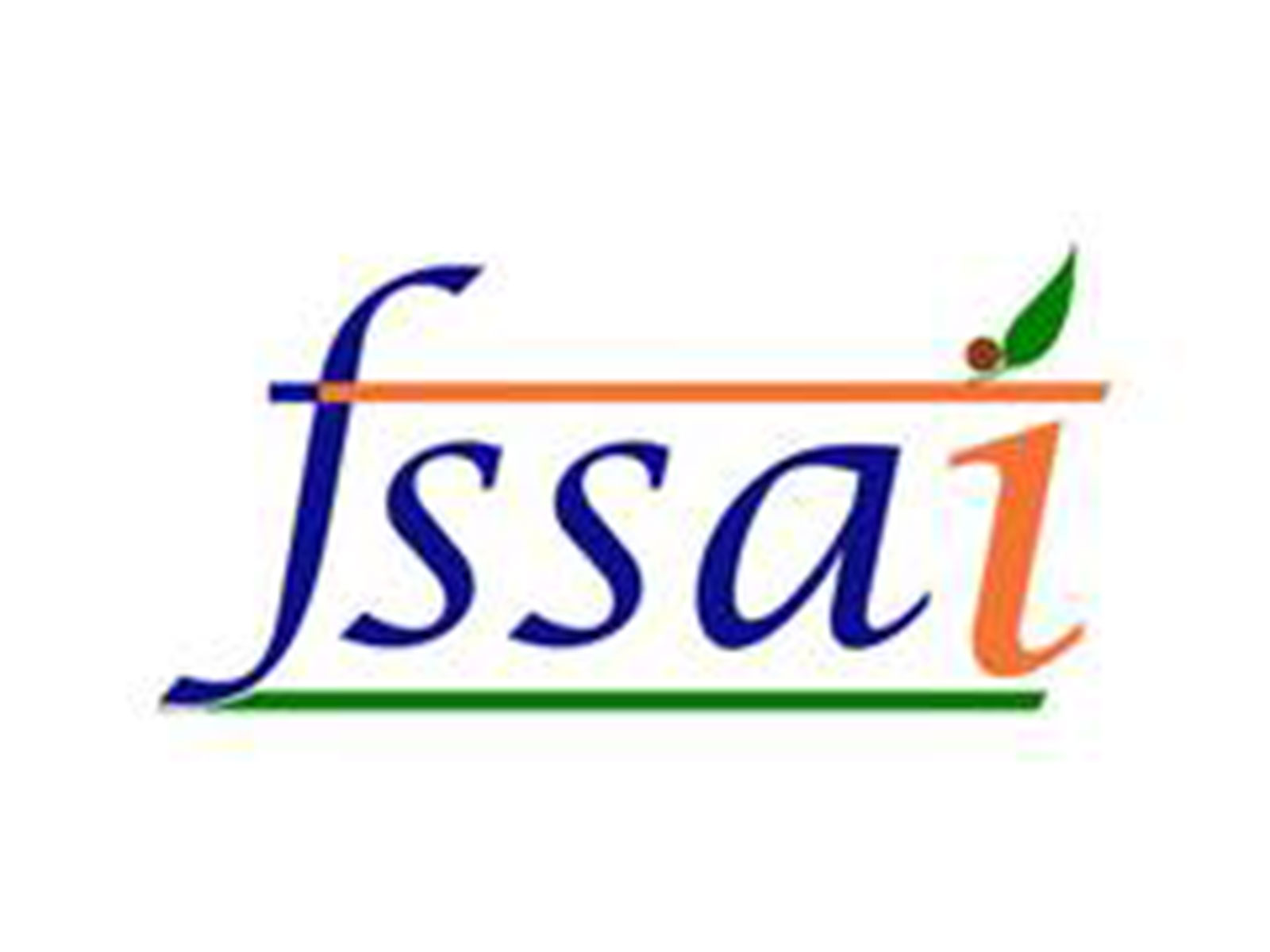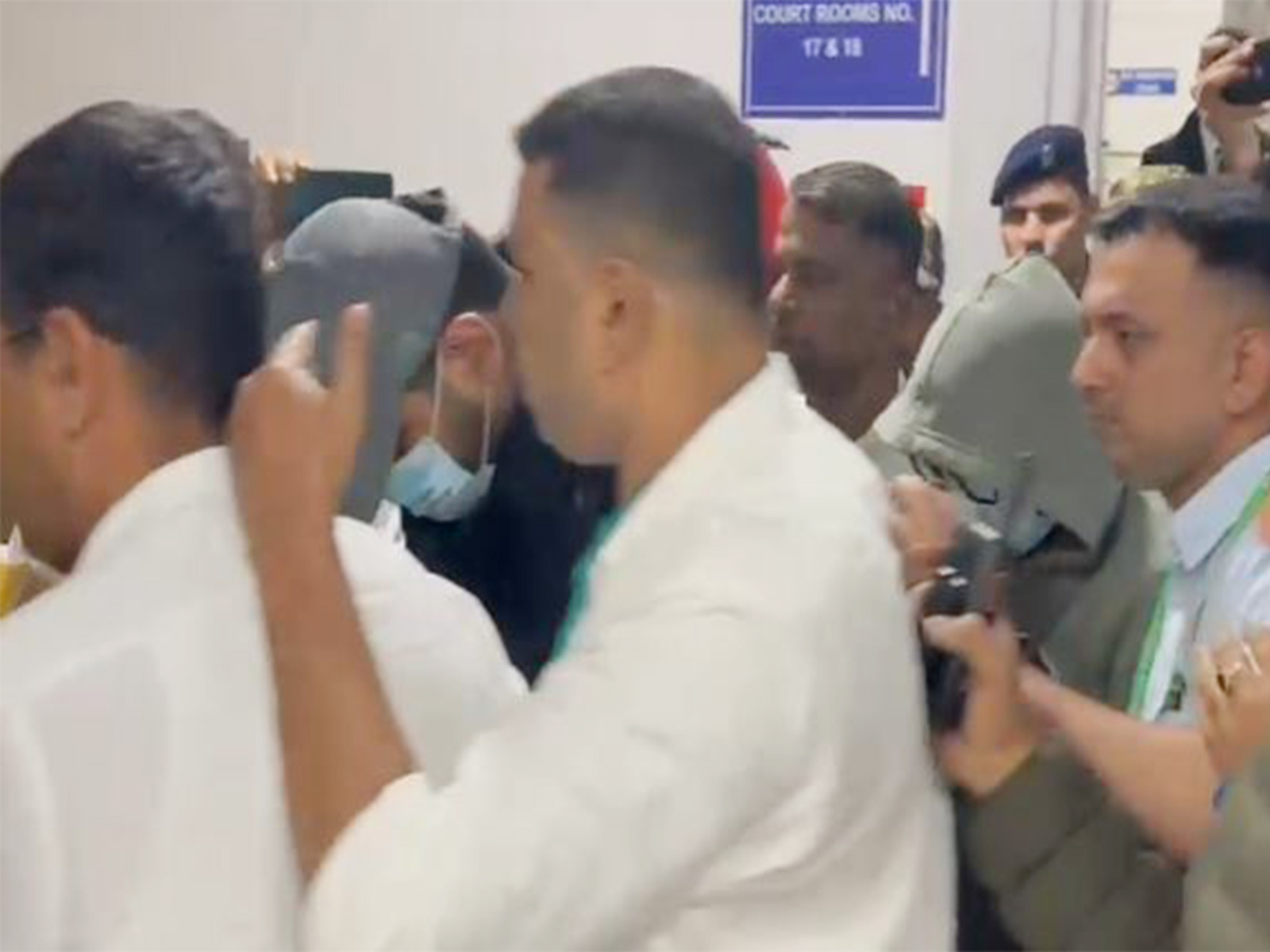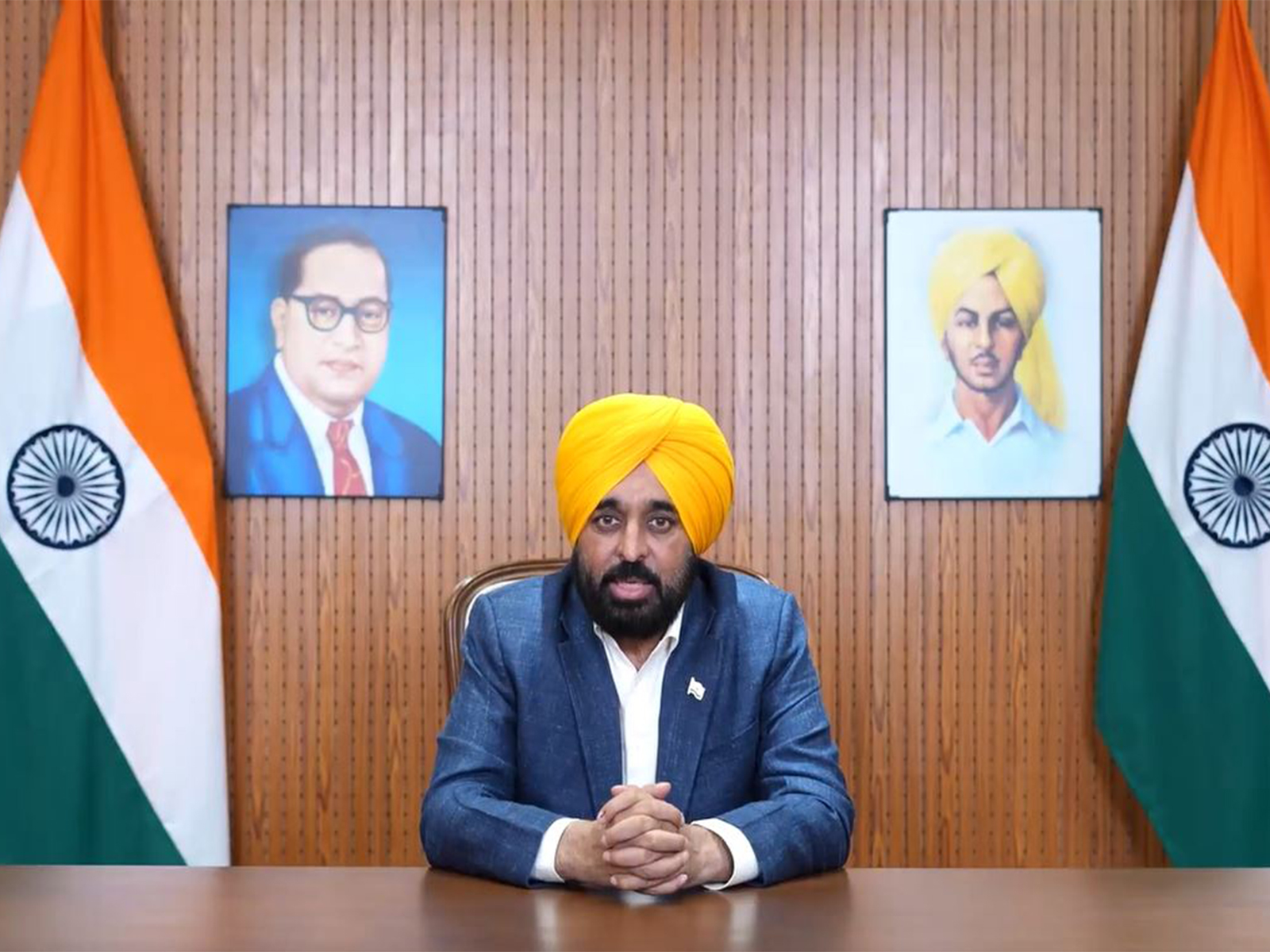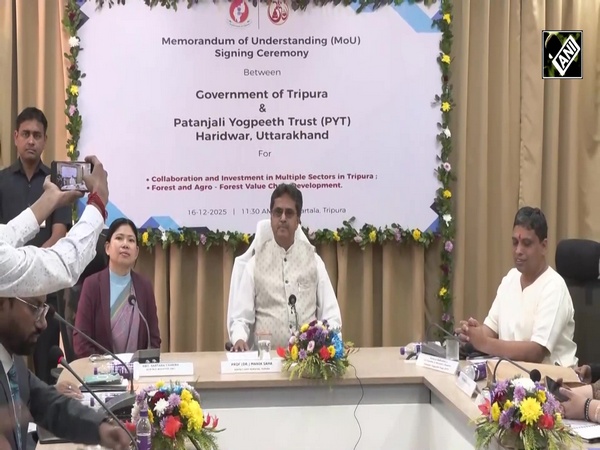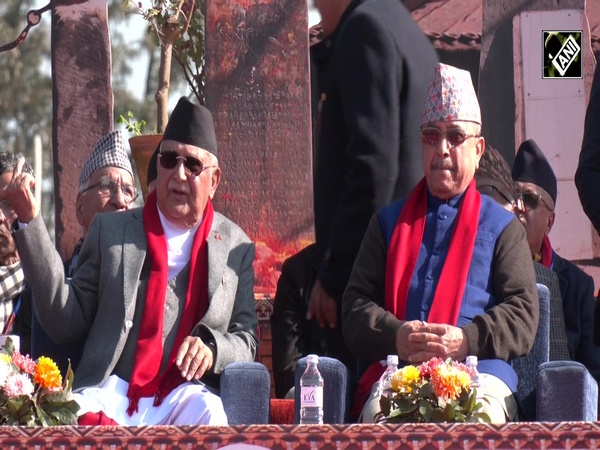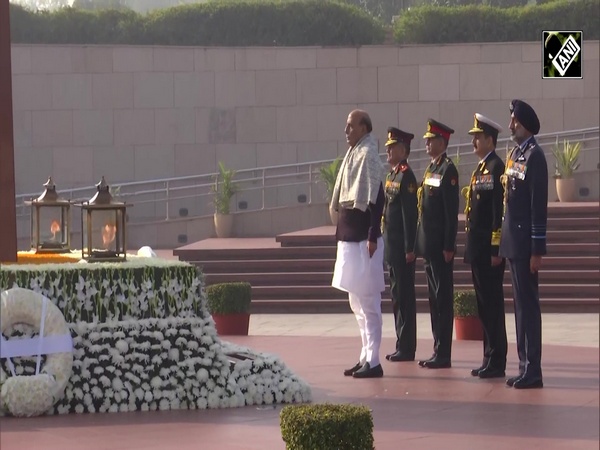67 pc creative economy workforce uncertain about survival: Report
Dec 23, 2020

New Delhi [India], December 23 : Despite COVID-19 lockdown relaxations and opening up of economy, income streams for the creative workforce remain inconsistent and sporadic, pointing towards a bleak outlook for India's informal creative economy, according to a new report by British Council, FICCI and Art X Company.
While 67 per cent of surveyed respondents are uncertain that they can survive for more than a year with current resources and funding, individual professionals and artisans are facing short-term hand-to-mouth existence even as sectors are adapting to digital and live business models to stay afloat.
Besides, 90 per cent of the sector fears the long-term impact of social distancing on the creative economy, said the second edition of 'Taking the Temperature' report on deepening impact of COVID-19 pandemic.
"The creative economy is contracting with 16 per cent of the sector facing permanent closure. Organisations are closing permanently to avoid bankruptcy. Nearly 22 per cent of the sector is forecast to lose more than 75 per cent of annual income."
About 26 per cent of arts businesses fear they will not be able to continue in the last two quarters of 2020-2021. Creative businesses are contending with increasingly difficult choices to remain resilient. Some of the workforces are leaving the creative economy and changing careers, said the report.
The second edition of report provides a comparison of situation in India since the outbreak of COVID-19, consequent national lockdown (March to June) and the period following relaxation of lockdown (July to October).
"While the first report helped to understand immediate impact of COVID-19 on creative economy, the second report shows diminished economic conditions that creative organisations and artists are now faced with," said Jonathan Kennedy, Director Arts India at the British Council.
Rashmi Dhanwani, Founder Director of the Art X Company, said there is a gap in levels of digital literacy within the creative community. Governments as well as corporates must step up to close this gap so that the sector is ready for future uncertainties.
Sanjoy Roy, Co-chair of creative and cultural industries at FICCI, said that while some state governments have provided emergency grants for relief to artists and cultural organisations in India, key segments of creative sector have not benefited as most are part of the informal economy.
For sustainable progress of these segments, robust creative and collaborative networks need to be forged, he said.
